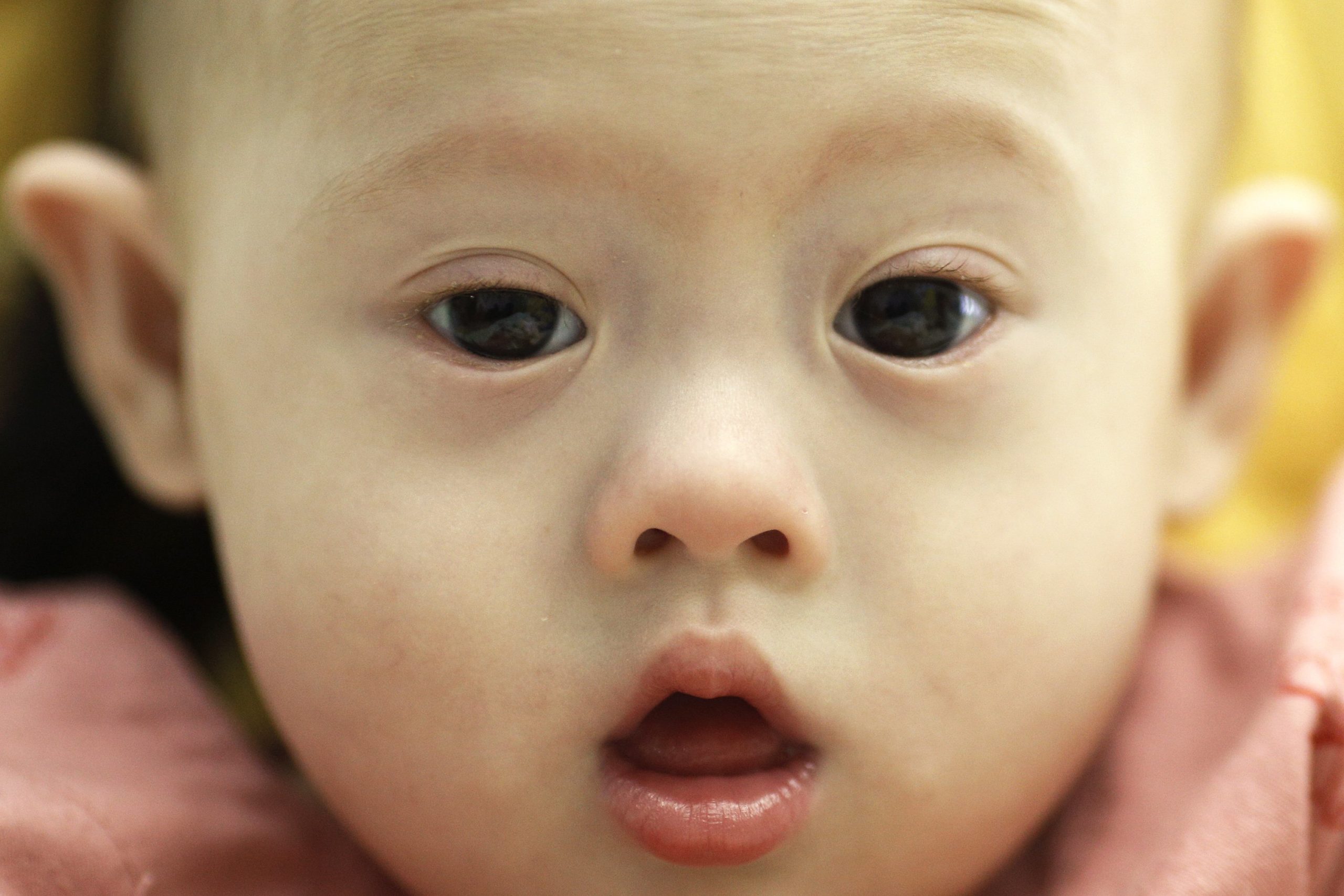WARSAW, Poland (CNS) — After a ban on aborting disabled children came into force, Poland’s Catholic Church urged “all possible help” for pregnant women and single mothers.
“It isn’t enough just to implement the law — those governing today, as well as the church and other groups have a supreme duty to care for parents, women and their disabled children, so none are left alone and unsupported,” said Bishop Wieslaw Smigiel, chairman of the bishops’ family commission.
“We must take great care not to lose sight of what’s truly important in the fervor of political struggle — not prohibitions and punishments, but concern for life from conception to natural death,” he told Poland’s Catholic Information Agency, KAI, Jan. 28, a day after the ban took effect.
Citing Health Ministry data, KAI said fetal handicap accounted for 1,074 of the 1,116 legal abortions in Poland in 2019. One quarter of those involved Down syndrome, it said.
Citing the need to support women, Bishop Smigiel said, “A woman will be blessed if she receives support from her child’s father and extended family, but is also surrounded with spiritual, psychological, medical and economic help from the state and wider community.”
In a Jan. 29 statement, Poland’s Federation of Pro-Life Movements said it viewed the ban “not as a victory in the understanding of human rights, but much more as a challenge to ever greater engagement in helping women with crisis pregnancies and their families.” The federation said it would appeal for “social solidarity” at all levels of government in caring for the sick, handicapped and poor.
It said the Polish Catholic Church ran 146 homes and residence facilities and more than 1,200 help centers and other projects for children and single mothers.
Leaders of Poland’s “Women’s Strike” movement, who defied COVID-19 restrictions at demonstrations in Warsaw and other towns, said the ban reflected close ties between the church and Poland’s government and had been deliberately delayed to deter winter protests.
However, Bishop Smigiel told KAI the ruling had followed legal petitions by a “significant group of citizens.”







